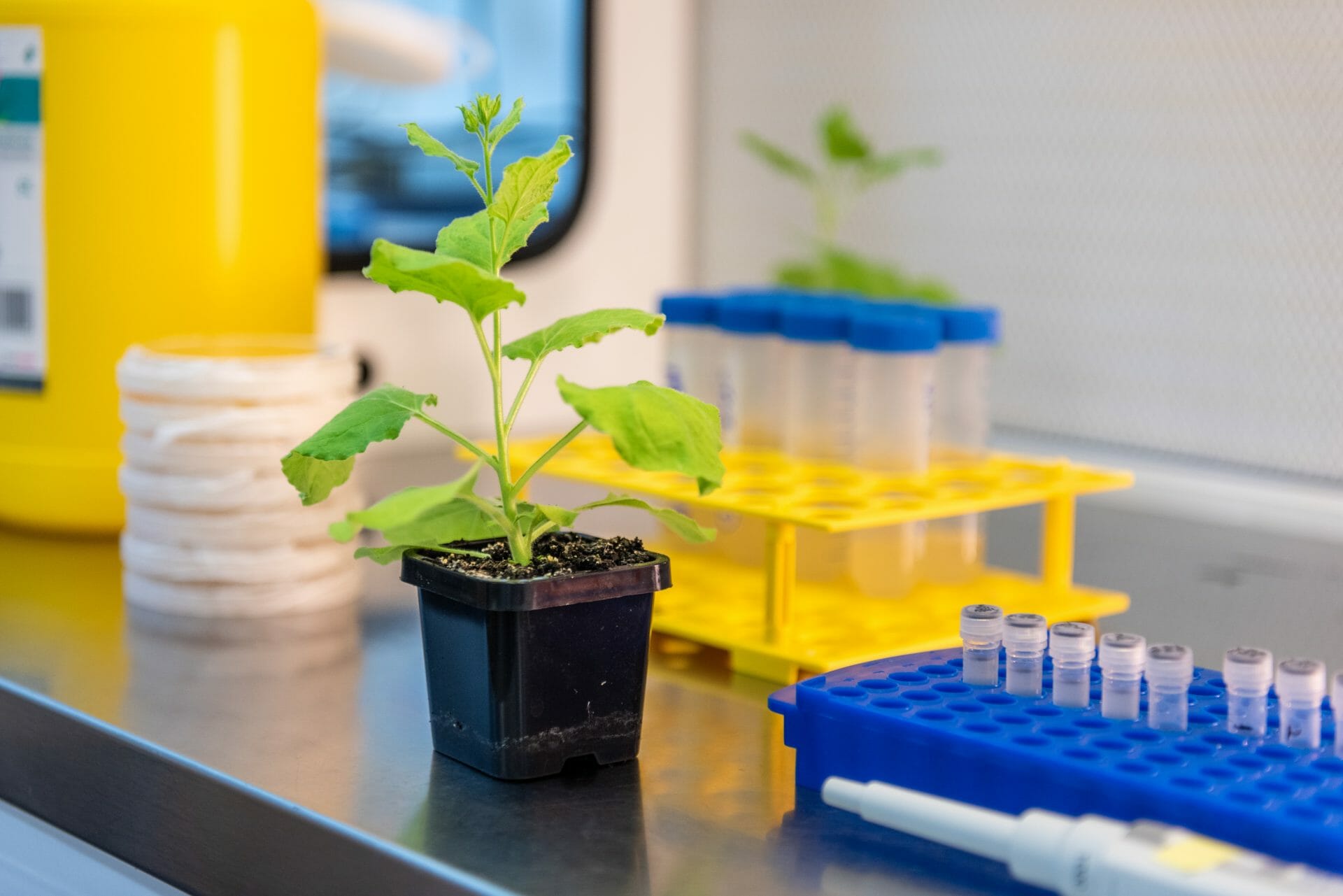Taste Tomorrow (Primary School)

Produced By:
La Trobe Institute for Agriculture and Food (LIAF)
States:
Qld, NSW, SA, NT, ACT, Tas, WA
Aimed at:
Year k
- 6
Curriculum 8.4
VCELY366, ACELY1816, ASHE081, VCHPEM120, VCHPEM120, ACPMP067, ACPMP067, VCHPEP112, VCHPEP112, ACPPS058, ACPPS058, VCHPEP107, VCHPEP107, ACPPS054, ACPPS054, VCELY318, ACELY1702, ACSHE098, VCELY329, VCELY358, ACELY1704, ACELY1714, VCELY330, VCELY359, ACELY1705, ACELY1715, VCSSU073, VCSSU073, ACSIS083, ACSIS100, VCSIS082, VCSIS082, ACSIS231, ACSIS232, VCSIS083, VCSIS083, ACSIS086, ACSIS103, VCSIS084, VCSIS084, ACSIS087, ACSIS104, VCSIS087, VCSIS087, ACSIS218, ACSIS108, VCSIS088, VCSIS088, ACSIS093, ACSIS110, VCELA325, ACELA1512, VCELA340, ACELA1524, VCELY337, ACELY1796, VCELY366, ACELY1709
Curriculum 9.0:
Lesson Type:
Subjects:
Keywords:
taste, STEM, agriculture, food production, climate change
Taste Tomorrow (Primary School)
The world is facing a massive challenge in feeding a rapidly growing population that is expected to reach almost 10 billion people by 2050. To tackle this challenge, researchers at the La Trobe Institute for Agriculture and Food (LIAF) are working hard to find innovative ways to increase food production in a changing climate, where resources are becoming scarce and the environment harsher.
LIAF invites teachers, researchers and students to join forces in this mission to improve Agriculture and Food production for a sustainable future. With the help of the latest equipment and technologies, STEM training and mentorship, LIAF provides students with hands-on learning experiences that showcase how STEM is used in Agriculture.
Get ready to “taste tomorrow” with a set of resources that are designed specifically for primary students, from Foundation through to Year 6. These resources include engaging lesson plans, informative videos, and fun downloads that make learning about Agriculture and Food production an exciting and interactive experience.
By participating in these authentic learning experiences, students can run their own science projects, use the latest technologies and gain valuable STEM training and mentorship. With plenty of opportunities to play with food, students will develop a deep appreciation for the role that STEM plays in Agriculture and Food production, and become part of the solution to feeding the world’s growing population.
